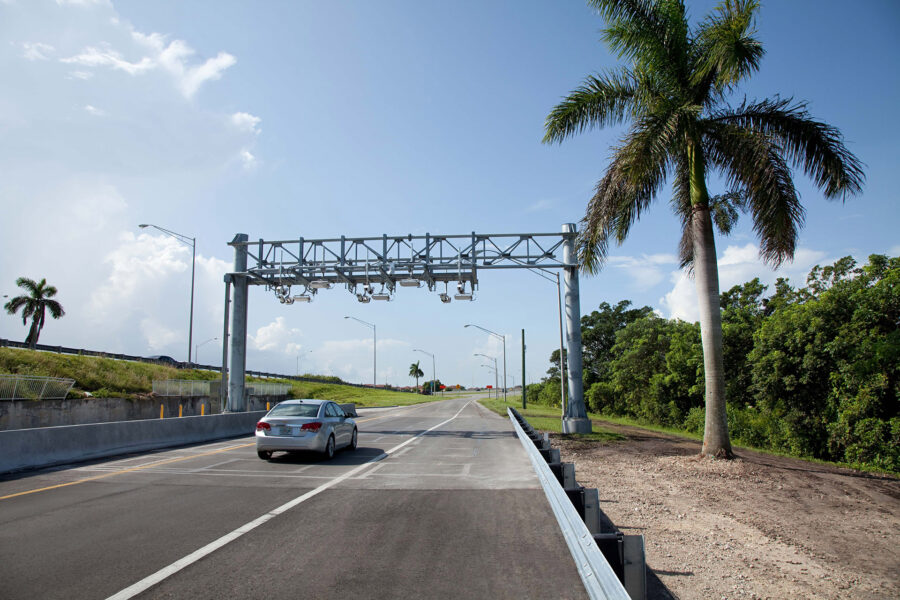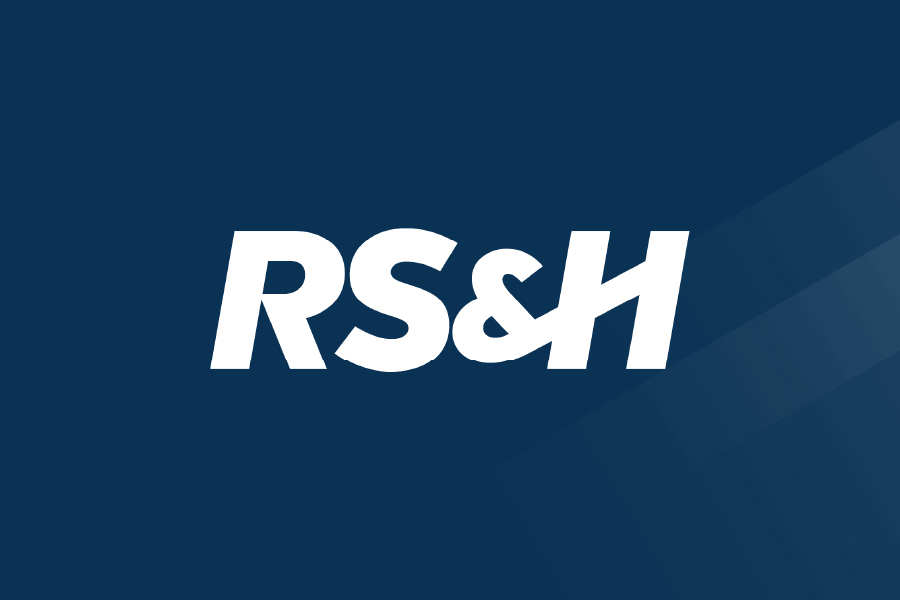But, does it make sense for you to outsource functions? Let’s consider some of the different aspects that guide your decision.
Cost. Let’s be honest. Outsourcing is cheaper. Overhead for operations reduces when outside firms manage toll operations functions. Staffing is flexible, both from a skill-set perspective and ability to increase or decrease resources depending on system demand.
Risk Management. This is key to making your decision. Operators either want to own all of the risk or assign it to subcontractors measured by performance metrics and efficiencies in their service level agreements.
Accountability. When direct employees don’t perform, it’s easy to change that. When subcontractors don’t perform, there are contracts that dictate the solution.
Legislation. With the movement towards public-private partnerships, legislation drives the set-up of operations. For privately operated roads associated with P3s, operations must be internalized and as transparent as possible for reporting back to the FHWA. For publicly owned roads, agencies can share operations centers because there are not as many strict reporting requirements as there are associated with federal grants.
In the end, it’s a balancing act. There’s no cookie-cutter solution for toll operations, especially with the drastic differences in business rules, legislation, and interoperability requirements.
The good thing is that the innovation in the tolling and ITS industry guarantees we won’t run out of options any time soon.





